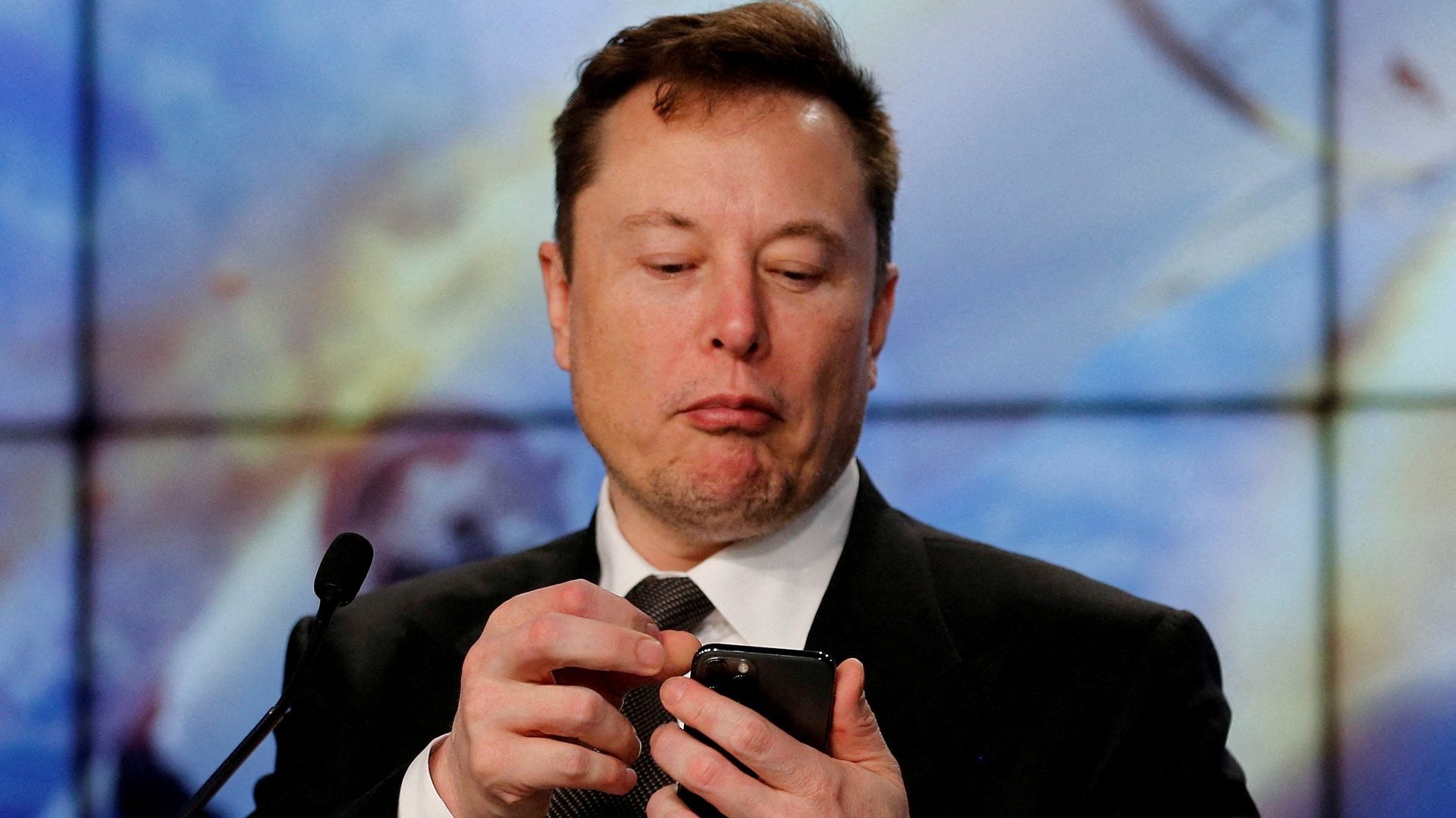What Elon Musk gets right and wrong about ESG
Elon Musk has a vendetta against ESG investing. On May 18, the Tesla CEO and potential future owner of Twitter tweeted a tirade against the ratings firm S&P after Tesla was dropped from S&P’s index of companies with top environmental, social, and governance ratings. The firm has “lost [its] integrity” and turned ESG ratings into a “scam,” he said, by allowing them to be “weaponized by phony social justice warriors.” As evidence, he cited the fact that oil major ExxonMobil remains in the index.


Elon Musk has a vendetta against ESG investing. On May 18, the Tesla CEO and potential future owner of Twitter tweeted a tirade against the ratings firm S&P after Tesla was dropped from S&P’s index of companies with top environmental, social, and governance ratings. The firm has “lost [its] integrity” and turned ESG ratings into a “scam,” he said, by allowing them to be “weaponized by phony social justice warriors.” As evidence, he cited the fact that oil major ExxonMobil remains in the index.
Musk is right that ESG needs an overhaul—but not, as he said, because it only measures “how compliant your business is with the leftist agenda.”
ESG funds have counterintuitive rules
In booting Tesla from the list (along with Chevron, Wells Fargo, Berkshire Hathaway, and several others), S&P’s head of ESG indices Margaret Dorn cited Tesla’s “lack of low carbon strategy” and non-environmental issues related to safety and working conditions at Tesla factories. The first charge is counterintuitive, given that Tesla has arguably done more than any company to popularize electric vehicles and thus take gas-fueled engines off the road. Exxon, by contrast, is increasing its investment in oil and gas drilling and has a climate plan that blows well past the goals of the Paris Agreement.
To the extent that climate, and not social or governance issues, are the reason for Tesla being dropped, the problem is that S&P’s methodology (pdf) doesn’t reward the company for hypothetical avoided emissions. Instead, S&P rates companies based on how they perform relative to peers in their sector on points like having a stated net zero goal (which Tesla doesn’t, while other automakers do) and disclosure of climate-related risks (which Tesla also scores poorly on). Thus, with a bit of disclosure and goal-setting relative to peers, a high-carbon company like Exxon can get a high “E” score. And in any case, the “S” and “G” factors are weighted much more heavily than the “E.”
Other ratings systems are even more confusing; S&P’s main rival, MSCI, scores companies based not on their impact on the environment, but on how climate change may affect their bottom line. Thus, many ESG-labeled funds have only marginally lower emissions per dollar of revenue than the basic S&P 500. The mishmash of ESG rating methods is one reason the Securities and Exchange Commission is rolling out new climate disclosure rules, which could level the playing field.
ESG isn’t a vehicle for “the leftist agenda”
In spite of these shortcomings, Musk’s critique of ESG as a shadowy platform for rewarding “leftist” companies doesn’t hold water; good luck finding a “leftist” who’s a fan of Exxon. If anything, ESG ratings don’t go anywhere near far enough to reflect the value a company adds or subtracts from the global push toward net zero. The full list of companies in the S&P 500 ESG index is proprietary, but at the same time Tesla was booted, at least five other oil and gas sector companies (pdf) were added—as well as Twitter itself.